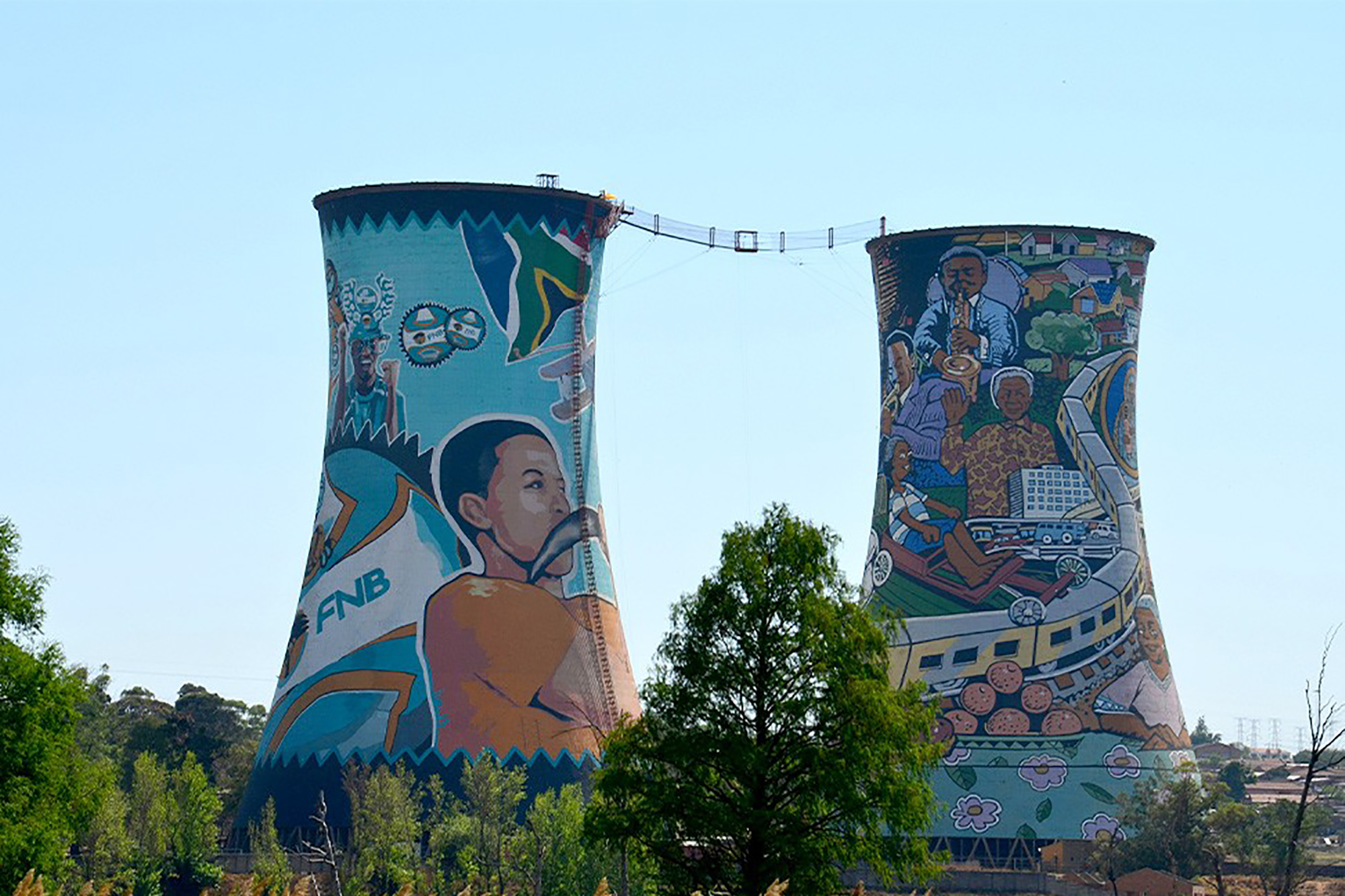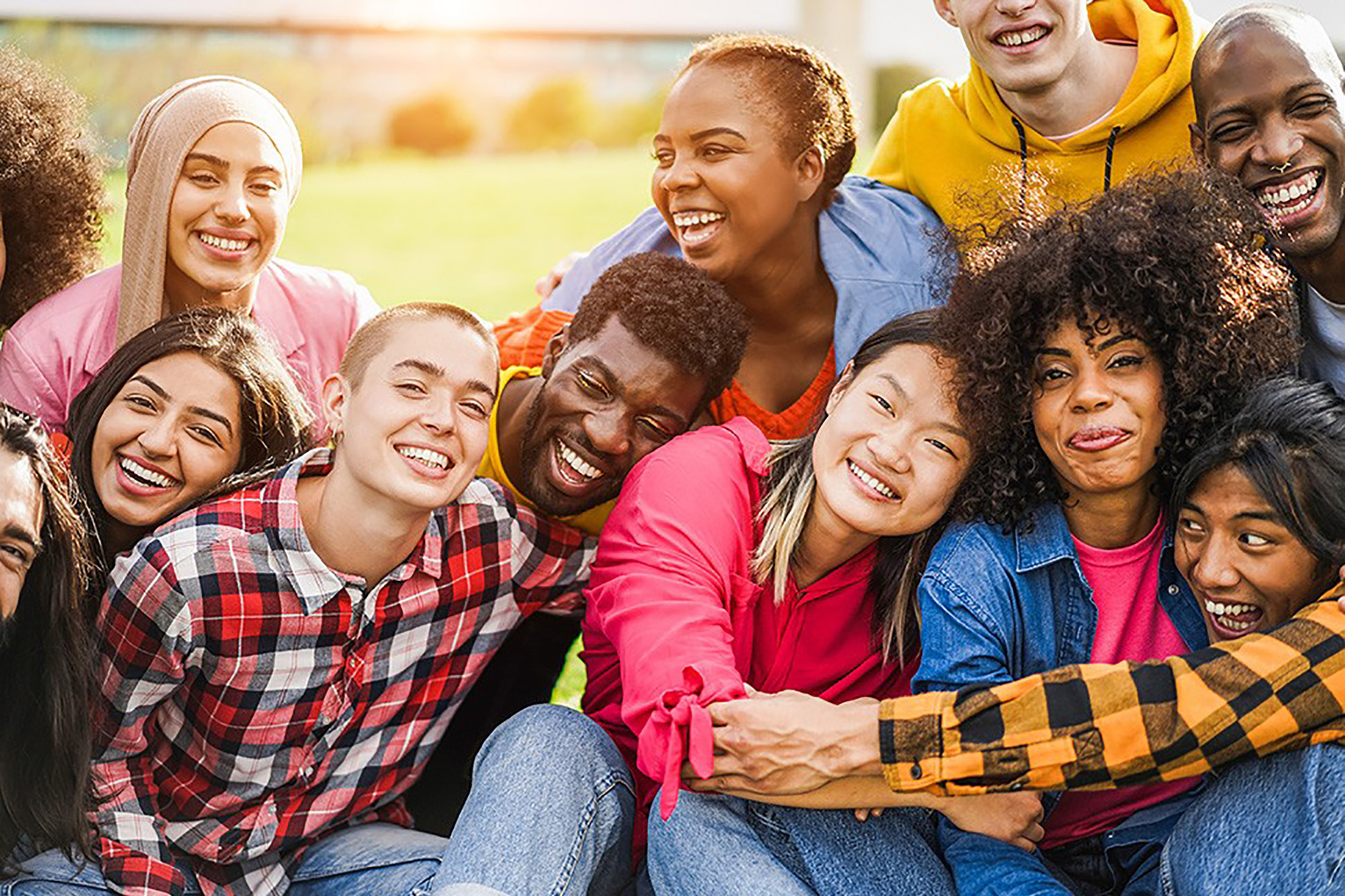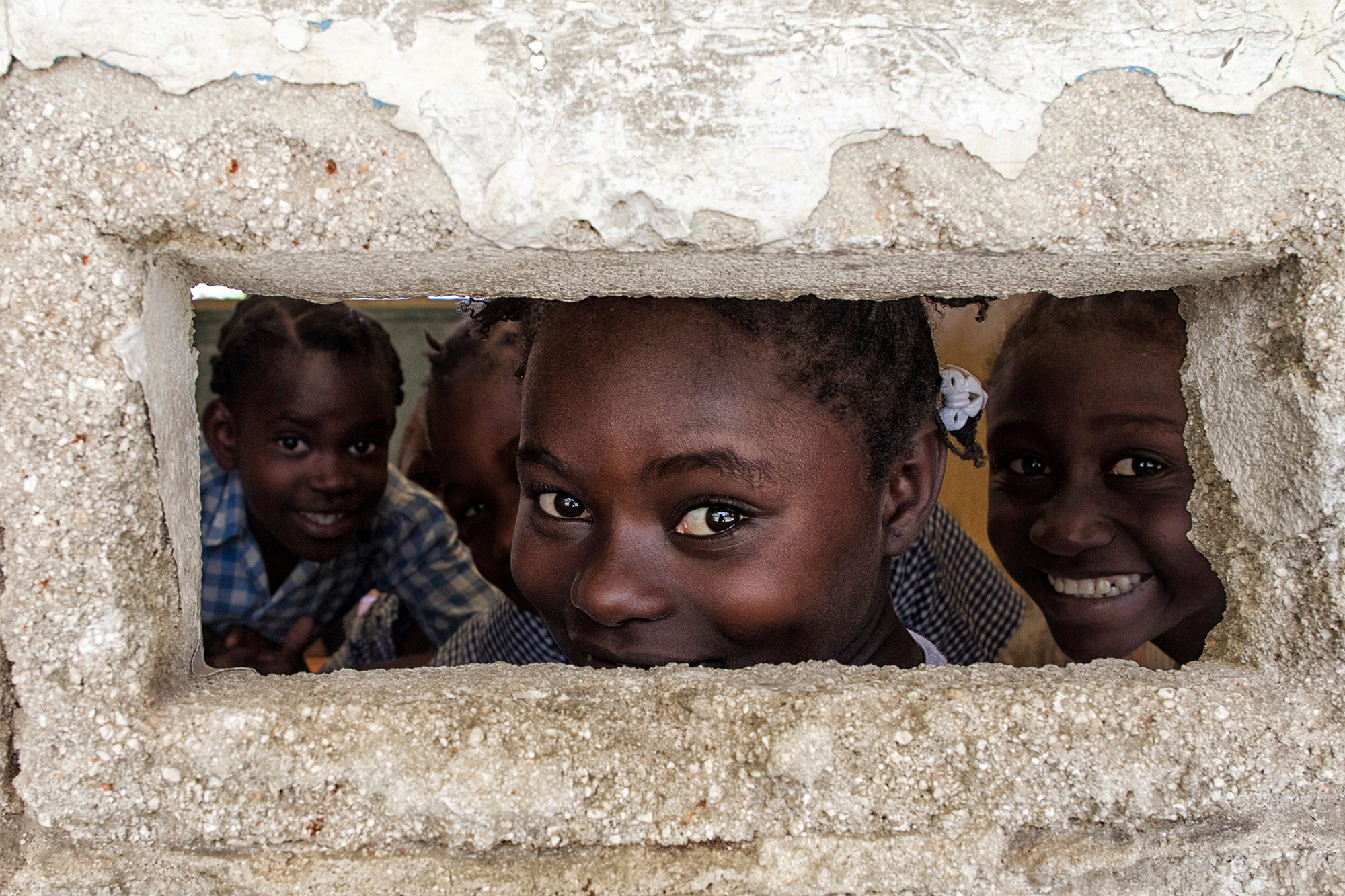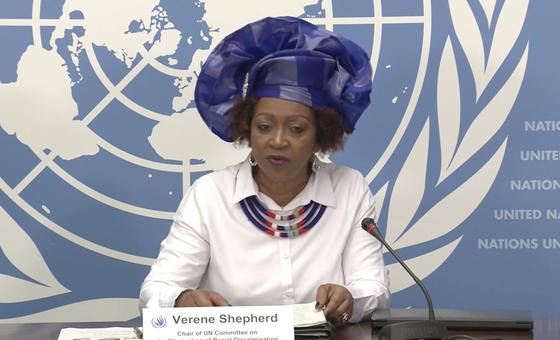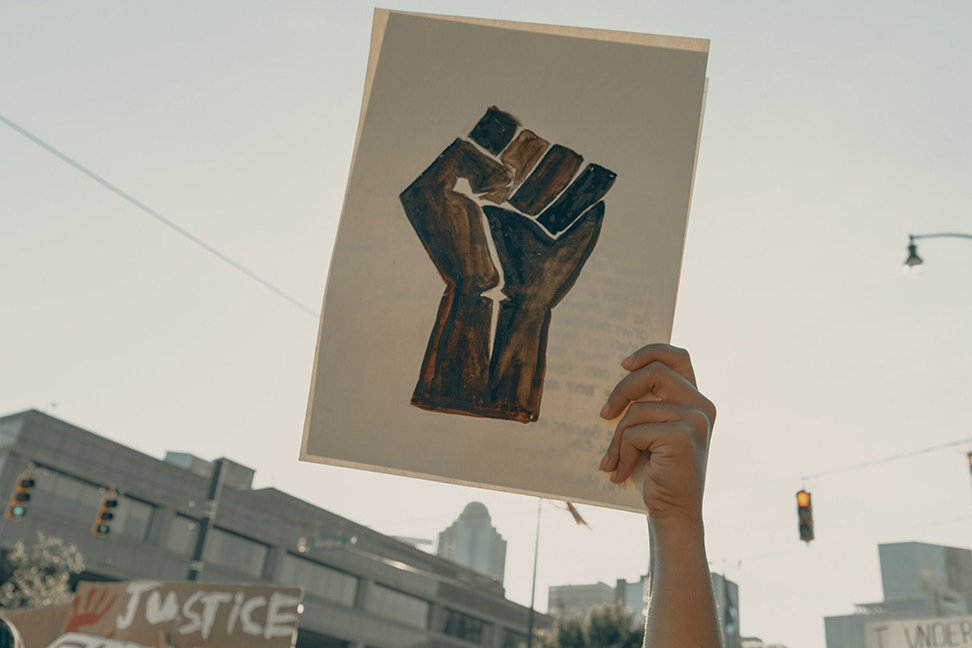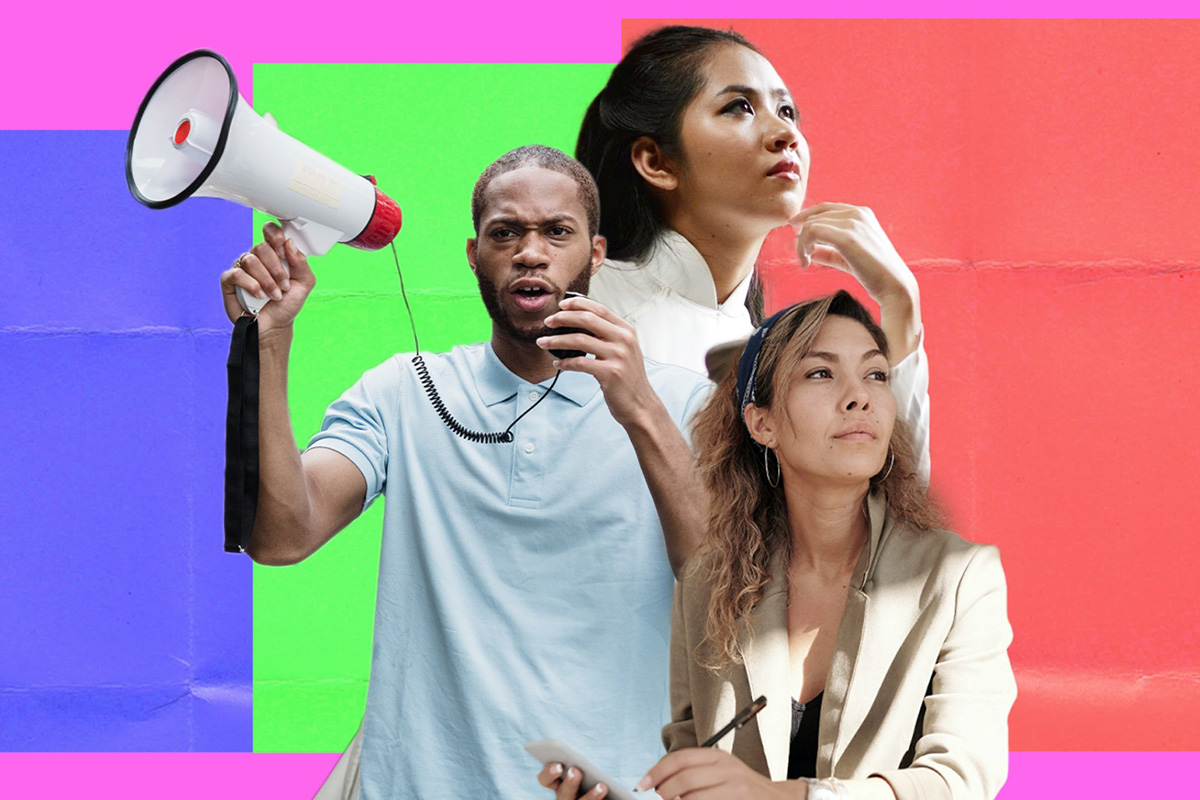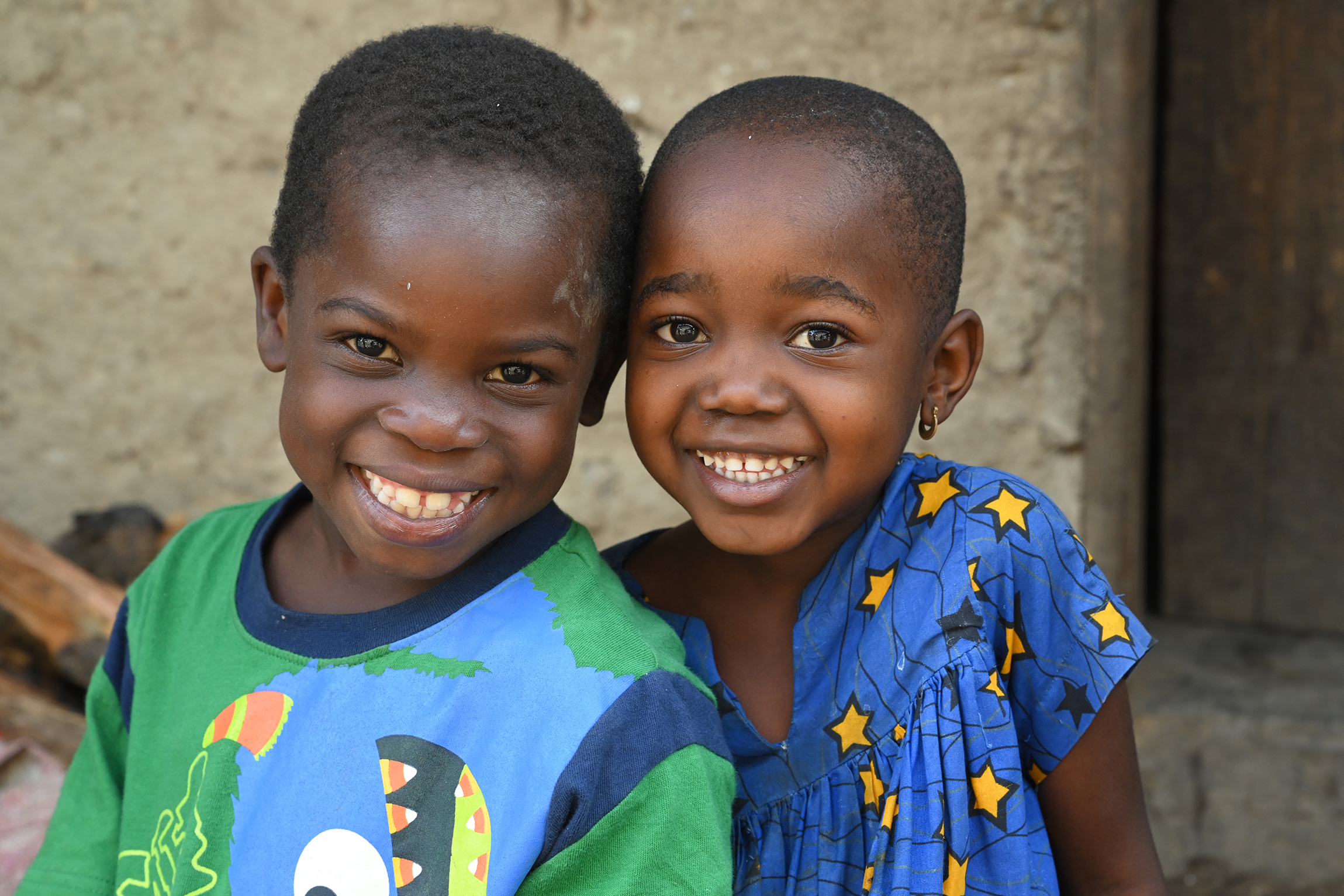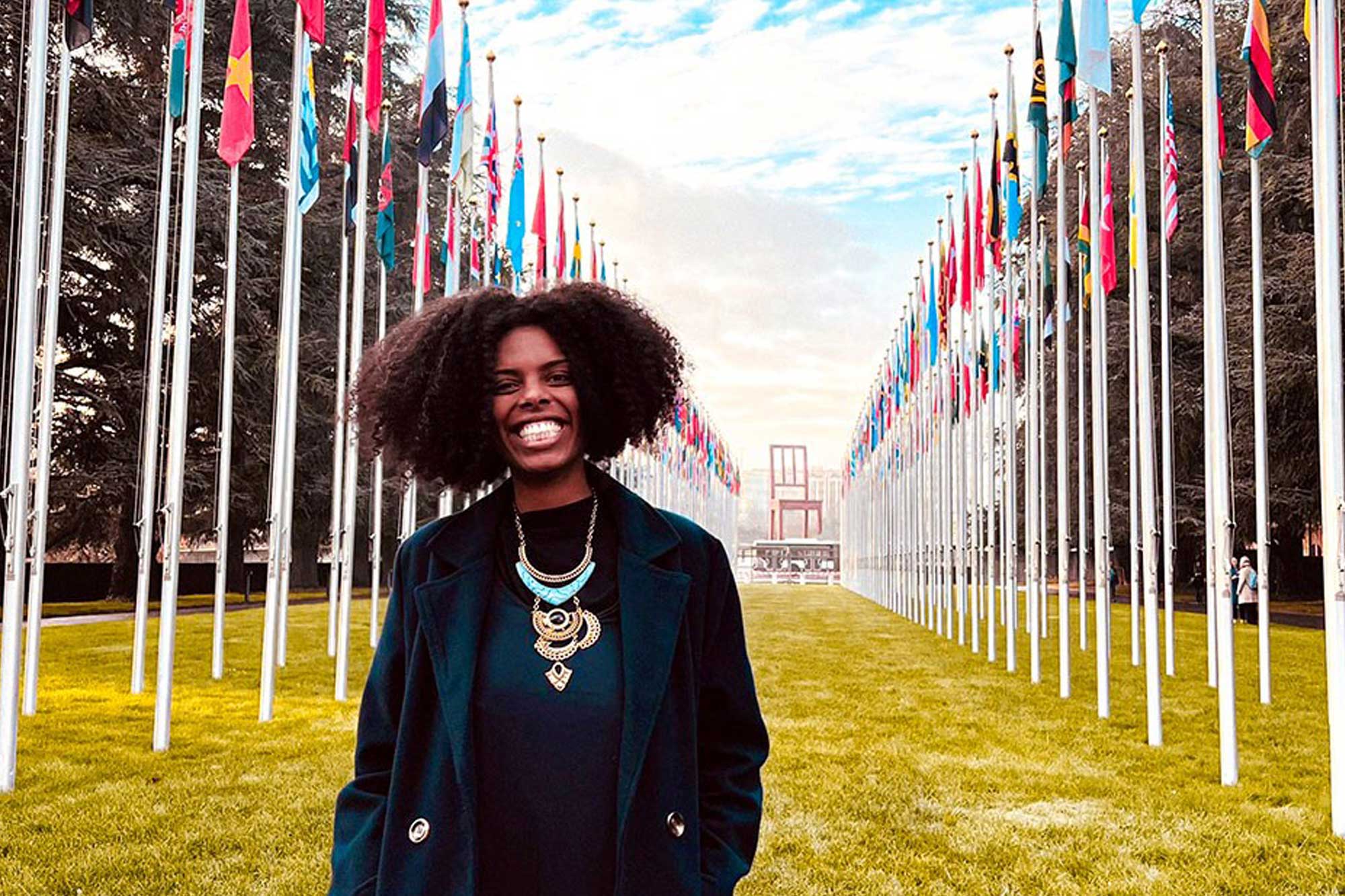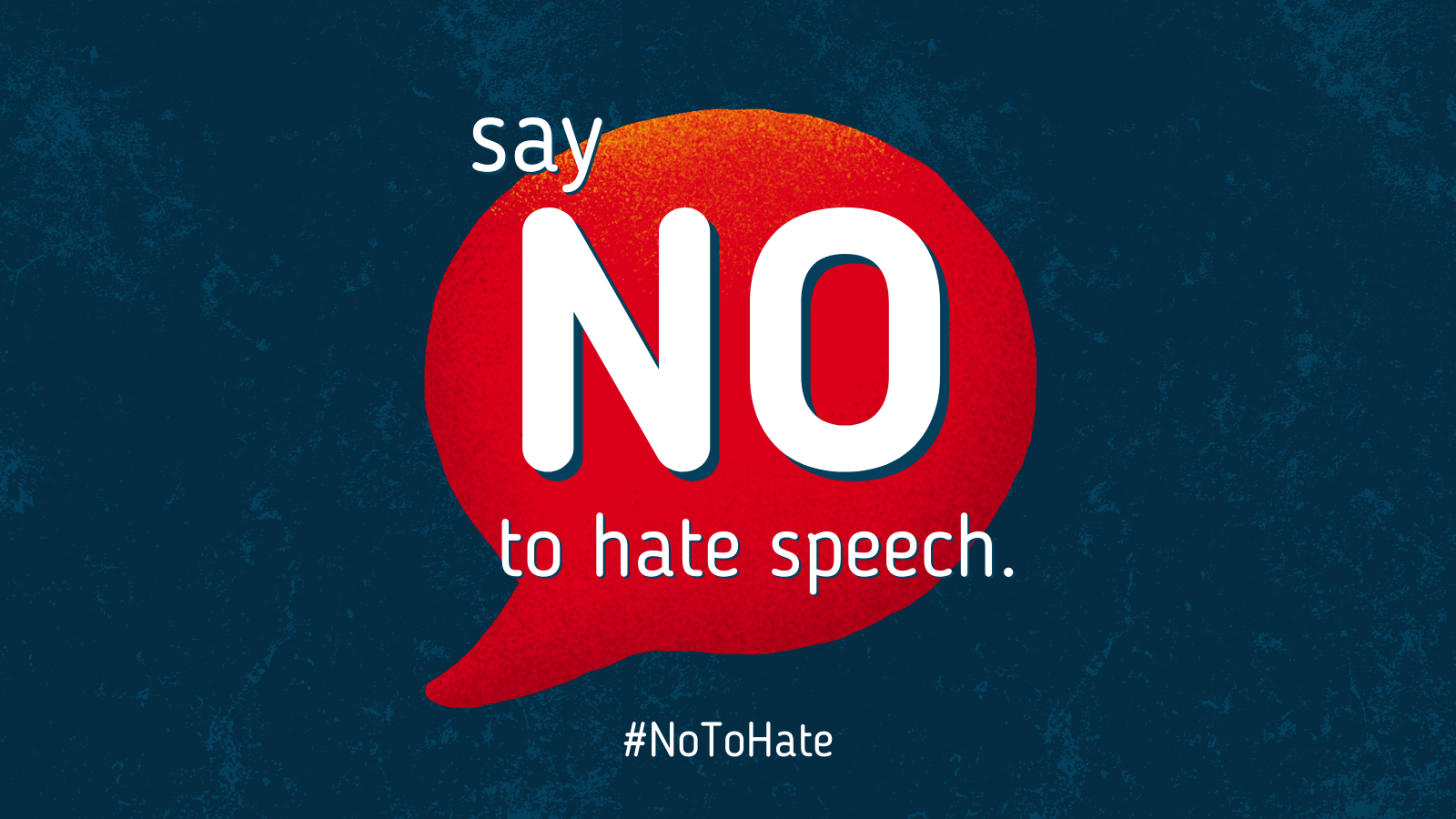Thirty years since the end of Apartheid, South Africa still grapples with its legacy. Despite progress made to eliminate them, racism and discrimination are still prevalent in the country. The roots of racism run deep in the country's economic, spatial, and social fabric and reflect the legacy of oppression and subjugation. Dismantling these systems requires commitment, leadership, dialogue, and advocacy to implement anti-racist policies and promote equality, says Abigail Noko, Representative for the UN Human Rights Regional Office (OHCHR) of Southern Africa.
Racism and Xenophobia
The International Day for the Elimination of Racial Discrimination is observed on 21 March to combat racism and eliminate all forms of racial bias. This year’s theme focuses on “A Decade of Recognition, Justice, and Development: Implementation of the International Decade for People of African Descent”. Martha Liliana Meza Castillo, a Colombian Black woman, sociologist, journalist, and human rights activist, promoted the International Decade to inform Afro-descendants about their rights and how they could be useful to them. Meza Castillo believes that the International Decade inspired the inclusion of an ethnic chapter in the negotiation of the peace accords in Colombia.
This year’s International Day for the Elimination of Racial Discrimination (21 March) honors "A Decade of Recognition, Justice, and Development: Implementation of the International Decade for People of African Descent." The observance is linked to the International Decade for People of African Descent, which recognizes that people of African descent are a distinct group whose human rights must be promoted and protected. Approximately 200 million people identifying themselves as being of African descent live in the Americas, and many millions more live in other parts of the world.
As the world observed the International Day for People of African Descent on 31 August, progress on eradicating racism is mixed and the road to equality and justice remains long.
Renowned historian Verene Shepherd, who chairs the UN Committee on the Elimination of Racial Discrimination (CERD), sat down with UN News’s Dominika Tomaszewska-Mortimer to talk about how the human rights body works with States towards this goal.
Professor Shepherd also recounted how her own experiences as a woman of African descent strengthened her resolve and fuelled her anti-racist advocacy.
Audio Credit Dominika Tomaszewska-Mortimer, UN News - Geneva
Photo Credit UNTV Geneva
Unprecedented worldwide protests in 2020 following the murder of George Floyd in the United States, marked a watershed moment in the struggle against police brutality and systemic racism. A year later, UN Human Rights issued the Agenda towards transformative change for racial justice and equality that offered a way to reverse cultures of denial, dismantle systemic racism and accelerate action. UN Human Rights continues to urge States to adopt a systemic approach to combatting racial discrimination through the adoption of whole-of-government and whole-of-society responses.
TikTok influencer Taylor Cassidy and Prof. Djamila Ribeiro are two powerful voices speaking out against racism and discrimination. They both use their platforms to educate and empower people. Taylor and Djamila discuss their own personal experiences with racism, as well as the issues that Black women face in our society. Prof. Ribeiro shares her thoughts on the importance of education in fighting discrimination, while Taylor Cassidy talks about the importance of using social media to raise awareness about Black history and culture.
The Universal Declaration of Human Rights (UDHR) proclaims that all human beings are born free and equal in dignity and rights, without distinction of any kind, including that of race. The Human Rights Council convenes today to debate the urgency of combating racism and racial discrimination 75 years after the adoption of the UDHR. The discussion gathers activists fighting against racism, racial discrimination and xenophobia to share their experience, expertise and recommendations on how to address some of the most pressing challenges and obstacles. Watch on UN WebTV.
The Universal Declaration of Human Rights (UDHR) states that everyone is entitled to all the rights and freedoms, without distinction of any kind, such as race and colour, among others. However, racism and racial discrimination continue to affect people all over the world. The commemoration of the 75th anniversary of the adoption of the UDHR should give States an impetus to take prompt and robust steps to advance equality and combat racism, racial discrimination, xenophobia and related intolerance. We mark the International Day for the Elimination of Racial Discrimination on 21 March.
For the past 5 years, Monique Rodrigues do Prado, a Brazilian lawyer of African descent, has been studying love as a tool for Black emancipation and to imagine a world free from racism and the other legacies of enslavement, the trade in enslaved Africans and colonialism. Inspired by Black feminist authors such as Bell Hooks, Monique's approach it to use “Love as a political, active, daily, guiding and ethical action, capable of overcoming the imagery, aesthetics and language barriers that the patriarchal, colonial, imperial and capitalist model has, unfortunately, affected our experiences.” She adds, "We can no longer tolerate any kind of violation. Former colonial powers need to reckon with their past."
The Leading Minds Conference by UNICEF brings together some of the world’s leading thinkers — scholars, scientists, innovators, influencers, philanthropists, governments and of course young people — to understand the challenges that children and young people face globally.
It's common to hear that the world has never been more interconnected. But at the same time, it's never been easier to share differences of opinion and spread misinformation, hate speech and information that divides and causes fear and mistrust. Intercultural dialogue has been described as an antidote to rejection and violence, but can it really make a difference in a world where toxic language and conflict are the things that make headlines, generates more clicks, and – so it often seems – win votes?
Find out more about the UN's #NoToHate campaign.
There is concern amongst human rights experts and activists that hate speech is becoming more prevalent, with views once perceived as fringe and extreme, moving into the mainstream. This episode of UNiting Against Hate features Tendayi Achiume, the outgoing UN Special Rapporteur on contemporary forms of racism, and Jaroslav Valůch, who is the project manager for fact-checking and news literacy, at Prague-based media development organization “Transitions”.
Find out more about the UN's #NoToHate campaign here.
Let's agree to make racism history.
This International Day for the People of African Descent, UNFPA Executive Director Dr. Natalia Kanem reminds us that all the steps towards recognition, justice and development for Black people are needed everywhere.
COVID-19 provided a convenient excuse for bigotry as the world witnessed xenophobic attacks against people of Asian descent. At the same time, racial and ethnic minorities and other marginalized groups suffered the greatest harm from the pandemic, due to higher infection rates and deeper economic distress. The recovery also has been marred by an imbalance of power that has left poor countries unable to vaccinate their populations. Therefore, UNDP puts great focus on ending inequality and exclusion.
Some people use messages that violate other people's rights to dignity, equality and safety. When does free speech become criminal 'hate speech' and how do we best respond to it? Navigating that fine line isn't easy. But, in the interests of protecting human rights for all we can - and must- work together more intensively to address the problem. Learn more about how UNESCO protects freedom of expression and the safety of journalists.

